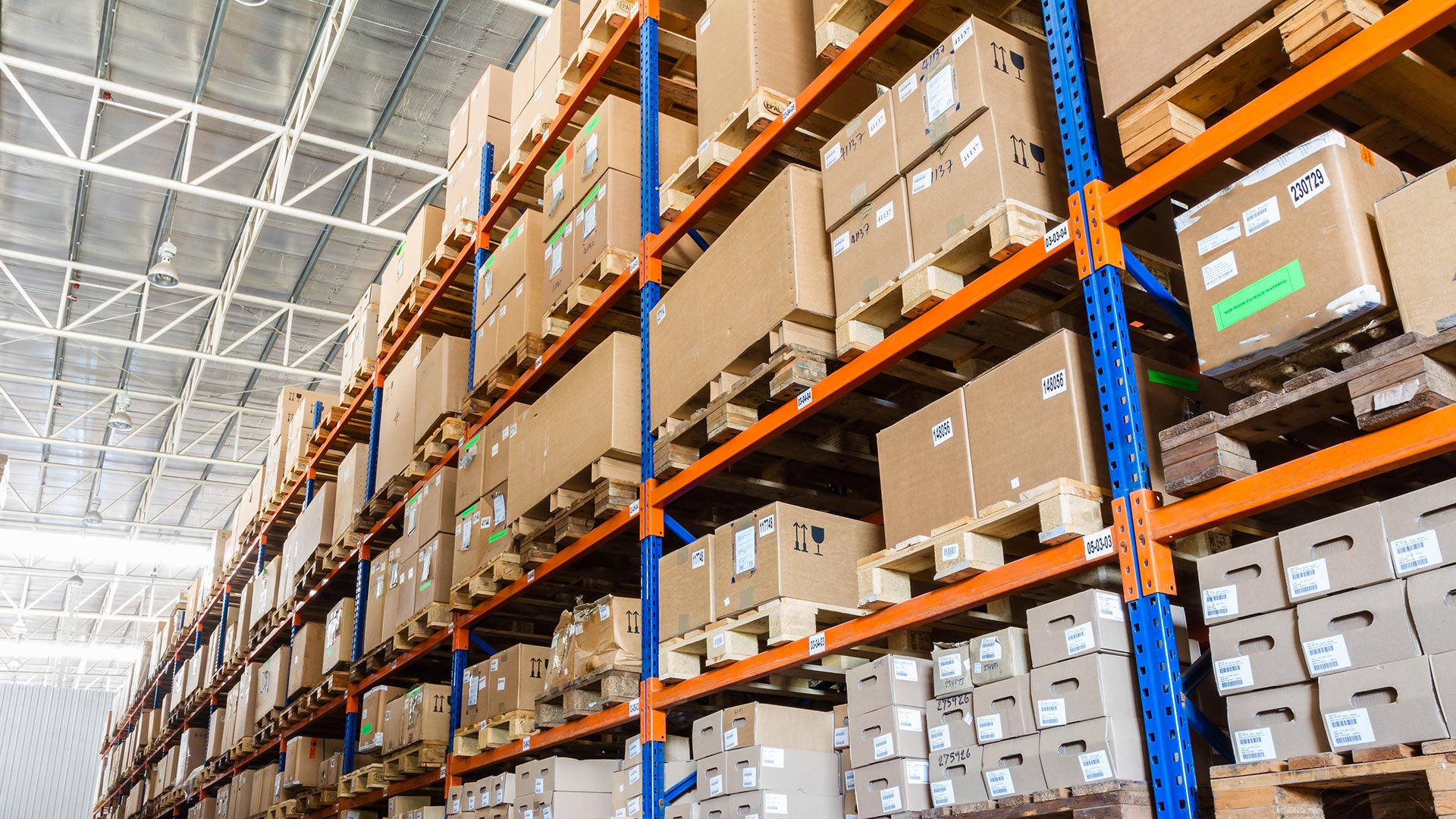On August 11, 2020, the US Customs and Border Protection (CBP) published a notification requiring that all goods produced in Hong Kong and entered or withdrawn from warehouse for consumption into the United States after September 25, 2020, must — under Section 304 of the Tariff Act of 1930 — be marked as a product of China. CBP's shift in policy is an outgrowth of President Trump's July 14, 2020, Executive Order on Hong Kong Normalization, which suspended Hong Kong's special trade status under section 201(a) of the United States-Hong Kong Policy Act of 1992.
Significantly, CBP's notification does not reference whether goods produced in Hong Kong will become subject to Section 301 tariffs or antidumping/countervailing duties that are currently imposed by the United States on a broad spectrum of Chinese-origin goods. Although CBP's website still includes guidance that such tariffs do not apply to goods manufactured in Hong Kong, we anticipate additional guidance on this point from CBP or the USTR in the near future.
We will continue to monitor these, and related, developments closely and publish additional updates, as appropriate.



